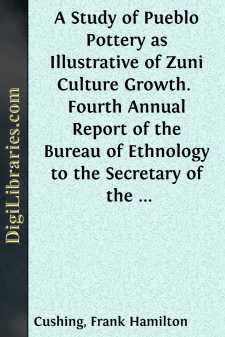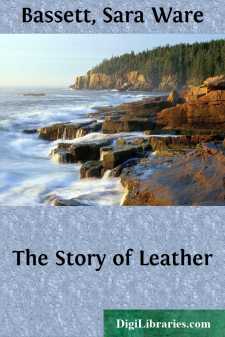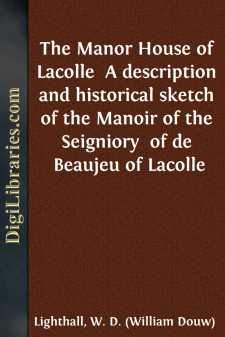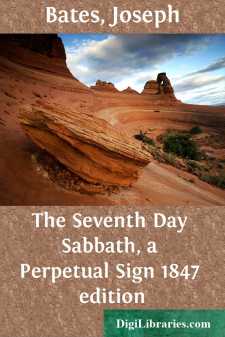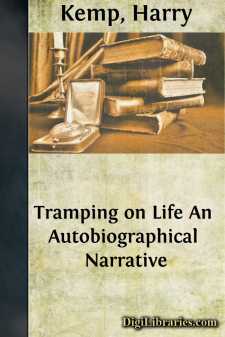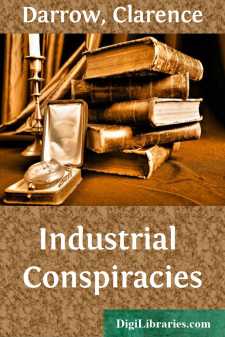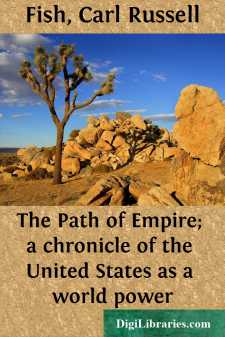Non-Classifiable
- Non-Classifiable 1768
Non-Classifiable Books
Sort by:
HABITATIONS AFFECTED BY ENVIRONMENT. It is conceded that the peculiarities of a culture-status are due chiefly to the necessities encountered during its development. In this sense the Pueblo phase of life was, like the Egyptian, the product of a desert environment. Given that a tribe or stock of people is weak, they will be encroached upon by neighboring stronger tribes, and driven to new surroundings...
more...
CHAPTER I ETER CODDINGTON sat in the afternoon sunshine on the steps of his big colonial home looking absently out over the circular drive, and the quaint terraced garden, to the red-tiled roof of the garage beyond. But he was not thinking of the garage; he could not, in fact, even have told you the color of its vivid tiling. No! He had far more important things to think of than that—disquieting...
more...
THE MANOR HOUSE OF LACOLLE. BY W.D. LIGHTHALL, K.C. The Manor House of the Seigniory of Lacolle or De Beaujeu is situated in a retired neighborhood, on the New York State border-line about four miles south-west of Lacolle Village, and one mile north of the village of Champlain, N.Y. and about forty miles from Montreal. The highway from Lacolle to Champlain runs through the property. The traveller from...
more...
by:
Emily Burbank
FOREWORD Woman as Decoration is intended as a sequel to The Art of Interior Decoration (Grace Wood and Emily Burbank). Having assisted in setting the stage for woman, the next logical step is the consideration of woman, herself, as an important factor in the decorative scheme of any setting,—the vital spark to animate all interior decoration, private or public. The book in hand is intended as a brief...
more...
by:
Benjamin Funk
INTRODUCTION. In the burying ground of the Linville's Creek German Baptist church in Rockingham County, Virginia, there is to be seen a marble slab engraved with the name John Kline. In walking through a cemetery and pensively viewing the memorials of the departed, one question of deep interest often presses upon the mind and heart: Are these, whose names are here recorded on slab and obelisk,...
more...
by:
Joseph Bates
FIRST QUESTION IS, WHEN WAS THE SABBATH INSTITUTED? Those who are in the habit of reading the Scriptures just as they find them, and of understanding them according to the established rules of interpretation, will never be at a loss to understand so plain a passage as the following: "And God blessed the seventh day, and sanctified it; because that in it he had rested from all his work which God...
more...
by:
Harry Kemp
TRAMPING ON LIFE Now I am writing these things just as I was told them by my grandmother. For I have utterly no remembrance of my mother. Consumption ran in her family. And bearing and giving birth to me woke the inherited weakness in her. She was not even strong enough to suckle me. I was born in the early eighties, in Mornington, Ohio, in a section of that great, steel-manufacturing city which was...
more...
by:
Clarence Darrow
Mr. Darrow said: I feel very grateful to you for the warmth and earnestness of your reception. It makes me feel sure that I am amongst friends. If I had to be tried again, I would not mind taking a change of venue to Portland (applause); although I think I can get along where I am without much difficulty. The subject for tonight's talk was not chosen by me but was chosen for me. I don't know...
more...
by:
Ethel M. Mairet
WOOL SILK COTTON AND LINEN WOOLS are of various kinds:— Highland, Welsh and Irish wools are from small sheep, not far removed from the wild state, with irregular short stapled fleeces. Forest or Mountain sheep (Herdwick, Exmoor, Cheviot, Blackfaced, Limestone) have better wool, especially the Cheviot, which is very thick and good for milling. Ancient Upland, such as South Down, are smaller sheep than...
more...
CHAPTER I. The Monroe Doctrine In 1815 the world found peace after twenty-two years of continual war. In the forests of Canada and the pampas of South America, throughout all the countries of Europe, over the plains of Russia and the hills of Palestine, men and women had known what war was and had prayed that its horrors might never return. In even the most autocratic states subjects and rulers were...
more...


